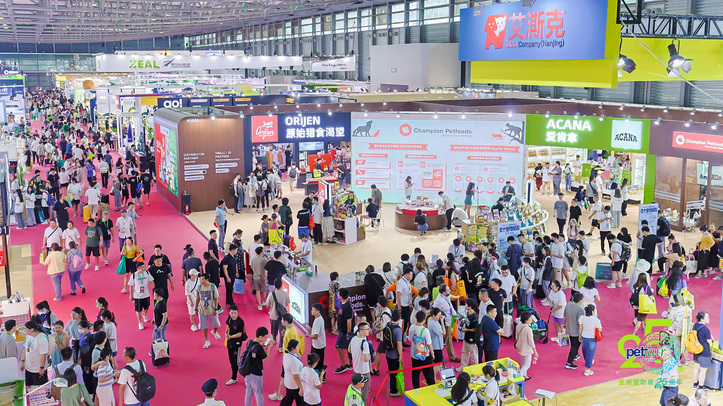The global pet industry will expand by more than 45% over the next six years, exceeding US$500 billion by 2030, according to a new report from Bloomberg Intelligence (BI).
The company’s analysts say the surge will be driven by increasing pet ownership, particularly in emerging markets such as China, robust sales in pet food, strong growth of health and welfare therapies, and the continuing humanisation of pets.
BI expects the global pet food industry to expand nearly 7% this year and then about 5% annually to reach US$146 billion by 2030. In addition, the pet pharmaceuticals industry could expand to over $24 billion by 2030, from about $16 billion now, driven by favourable demographics, consumer spending and, crucially, the development of novel therapeutics as companies continue to bridge findings from human health to pets.
The ongoing humanisation of animal companions is seen as providing a further boost the industry. Brands including Gucci, H&M and Tommy Hilfiger have launched pet clothing lines to tap into the trend, notes BI, adding that, as an example, the US pet Halloween costume market is estimated at $700 million.
Overall, the US will remain the world’s biggest market, with Europe accounting for about a third of total sales, but other regions may expand more quickly, says the company. BI’s scenario finds that China’s market could grow more than 50% to $49 billion, outgrowing the country’s GDP rate overall, with its cat and dog population potentially exceeding 156 million by 2030. Globally, e-commerce may grow by as much as 87% to $58.4 billion by 2030, led by Alibaba, Amazon and new investments from operators such as Chewy.
Diana Rosero-Pena, lead consumer analyst at Bloomberg Intelligence, said: “The pet economy is experiencing unprecedented growth, fuelled by the humanisation of pets and rising disposable incomes.
“Companies like Mars and JM Smucker are leading the charge in the pet food sector, ensuring consistent growth despite broader economic challenges. The resilience of this sector underscores its potential as a major economic driver over the next decade.”
Andrew Galler, lead analyst for global health care, added: “Innovations in pet healthcare are pivotal to the market’s expansion. The development of new therapies and advanced diagnostic tools will not only enhance the quality of care but also drive significant economic value. As pets live longer, the demand for sophisticated healthcare solutions will continue to rise.”



